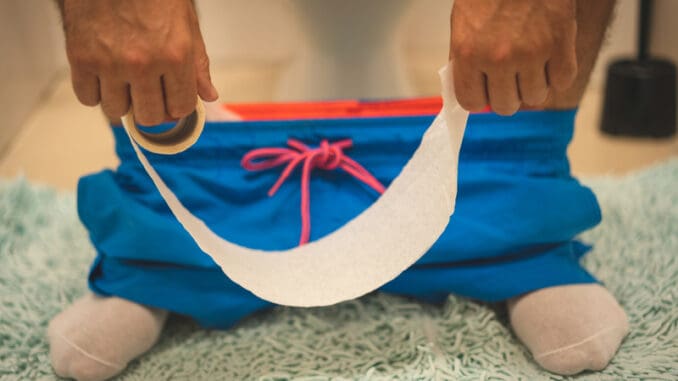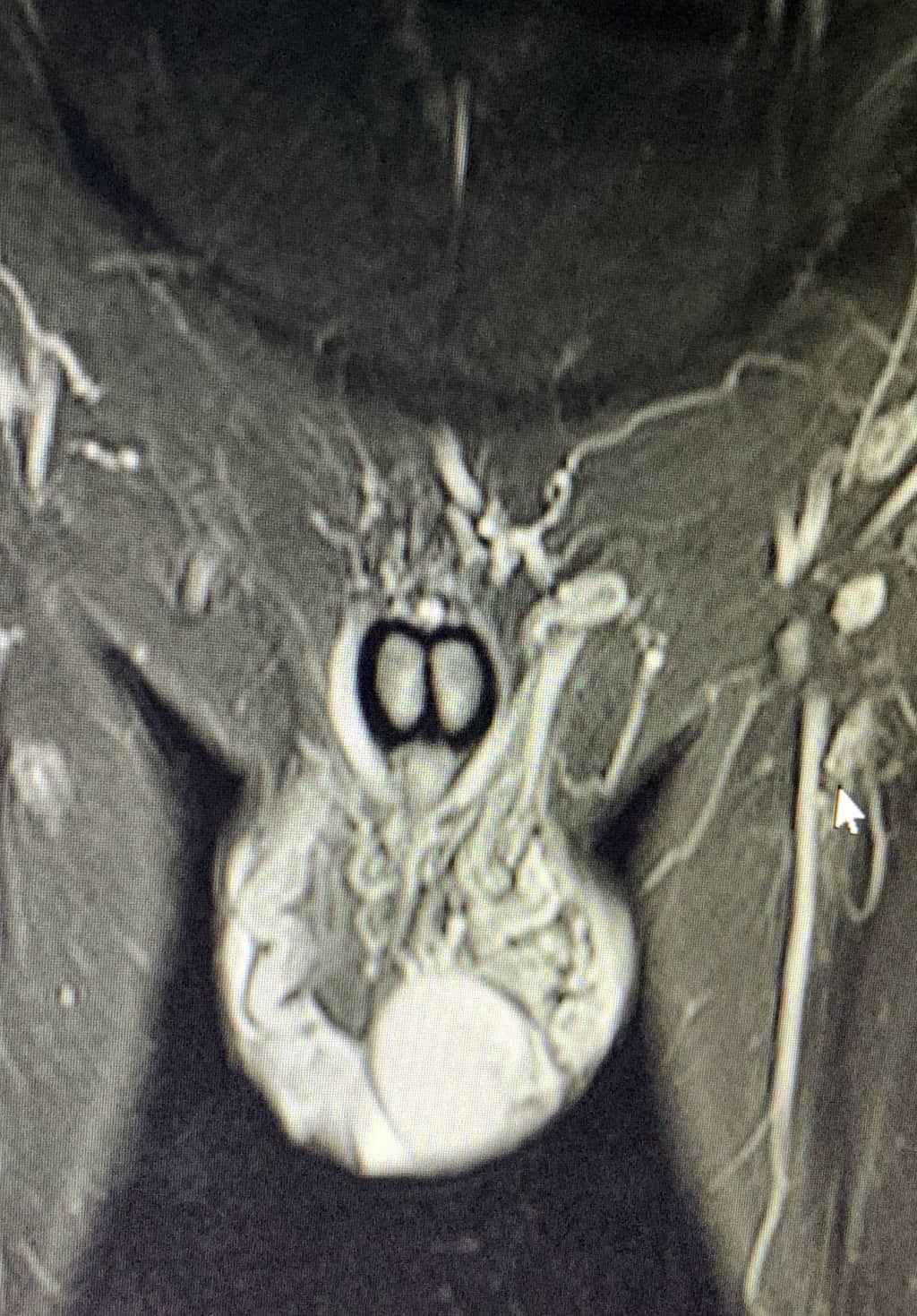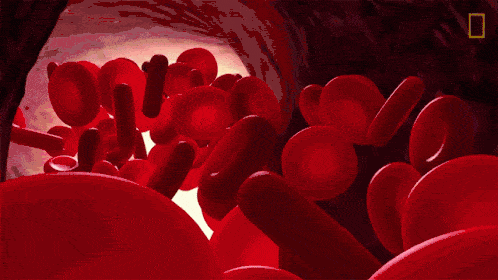
One big sign that this is the root of your erections problems

—-Important Message From Our Sponsor—-
Free book from best-selling author Richard La Ruina for men who want to have more sex more often
Mr. La Ruina lives in Europe and is a world-recognized coach for men who want to meet pretty younger women…
And now that he’s been in a long term relationship, he’s turned his talents to helping men and women achieve happy sex lives for as long as they live…
For the past 6 years, he’s been teaching his methods to hundreds of thousands of guys around the globe in his live workshops…
These guys just want to have MORE sex MORE often. And can you blame them?
Heck, we all want that! I know I do.
That’s why I had to tell you about this…
Richard just distilled all of his best libido-boosting techniques down into a single hardcover book.
It’s selling for $34.26 on Amazon, and it’s got 4.5 stars out of 5 with over 350 reviews.

But guess what? Today, you’re getting the book for FREE!
———-
Is a varicocele interfering with your rockiness?
A varicocele is a swelling on the scrotum, usually on the left side, above the testicle.
Sometimes varicoceles don’t cause problems and go away of their own accord.
But often they cause pain, hormonal problems, and even infertility.
They are also a major cause of low testosterone.
Many men end up getting surgery to remove problematic varicoceles — though the surgery is quite controversial.
What you may not know is that varicoceles (like many health problems) can begin in the gut.
Constipation is strongly linked to increased risk of developing a varicocele.
Yet another reason to optimize gut health.

The human research was carried out at Ankara Training and Research Hospital, Ankara, Turkey. The findings were published in the Journal of Ultrasound Medicine.
Up to 20% of men suffer with varicoceles — this number rises with age and as testosterone decreases. Infertile men almost always have a varicocele.
Varicocele is an enlarged blood vessel causing pain and disruption to the surrounding tissue (including the testicles) — but there are a number of things which could potentially cause varicocele.
The blood vessels involved in varicocele are quite close to the end of the digestive system (the colon).
In constipation, pressure builds in the colon.
The authors of this study were interested in seeing whether pressure in the colon from constipation could be a cause of varicocele.
“Among the reasons for the increased prevalence of varicocele on the left side, compression of the testicular vein by the descending colon with feces has been reported to be a possible factor in the past.”
So the researchers recruited 51 men. About half of the men reported having chronic constipation.
The rest of the men reported regular, healthy bowel movements.
“Group 1 included 25 male patients who had symptoms of chronic constipation, and group 2 included 26 male subjects without any symptoms associated with constipation.”
The men agreed to take part in ultrasound tests.
These tests scan the scrotum and surrounding area to diagnose any existing varicocele.
The men were also examined by a doctor.
“All subjects were evaluated by both physical examination and scrotal ultrasonography.”
In men with healthy bowel movements, 1 in 5 had a varicocele.
“Left varicocele was detected in 19% of patients in group 2.”
But varicoceles were much more common in men with chronic constipation.
Almost half of men with constipation had varicocele.
“Left varicocele was detected in 52% of the patients in group 1.”
The researchers also examined the PP vein. This vein is the one usually enlarged in a varicocele.
Larger PP veins mean a greater likelihood of developing varicocele problems.
Constipated men had 50% larger PP veins on average.
“The mean diameters of the left PP veins were 2.5 in group 1 and 1.7 in group 2.”
Constipated men were more likely to have enlarged varicocele veins and much more likely to have a diagnosis of varicocele.
“Significant differences were detected between the two groups in varicocele prevalence and the mean diameter of the left PP veins.”
Pressure on the colon caused by constipation could cause enlargement of the PP vein — leading to varicoceles.
Constipation increases the likelihood of varicocele diagnosis by 150%.
“Constipation is a significant causative factor for the development of left varicocele, which may be attributable to the accompanying distention of the colon and resultant compression of the left testicular vein.”
Dealing with the cause of constipation could prevent the need for questionable varicocele surgery in many men.
Healing varicoceles could also improve many health problems caused by low testosterone — a critical hormone suppressed by the condition.
It’s extremely important to keep the bowels moving regularly — this part of the body has the ability to cause illness in any other part of the organism.
—-Important Message—-
Try this solo activity tonight to move massive blood flow through your penis

This simple solo activity creates new blood vessels and increases the size of existing vessels down in the penile chambers.
The result of the new blood vessels is much greater penile blood flow.
And when you’re getting massive amounts of blood flowing through your member like this, erections has never been better.
In fact, this is a way of naturally getting bigger and thicker down there without pills, pumps, or strange devices!
I shared this new solo activity with one man who wrote back to say:
“I’ve tried what you provided and now I’ve had morning wood a couple of times and I think it’s doing some good. I noticed that the veins are a little bit bigger.”
And this was after only his first time trying this!
Use this solo activity tonight for massive blood flow and a bigger, better member
———-

Chronic constipation as a causative factor for development of varicocele in men: a prospective ultrasonographic study
